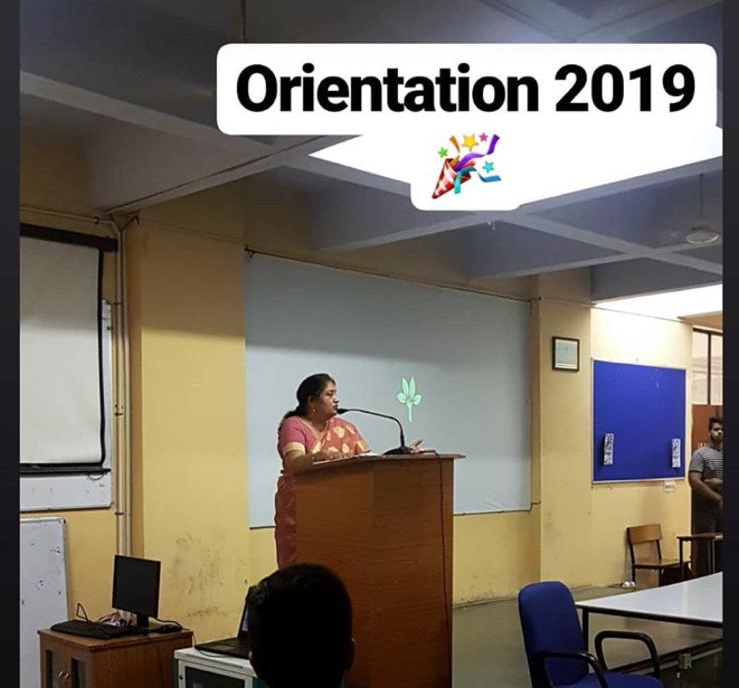
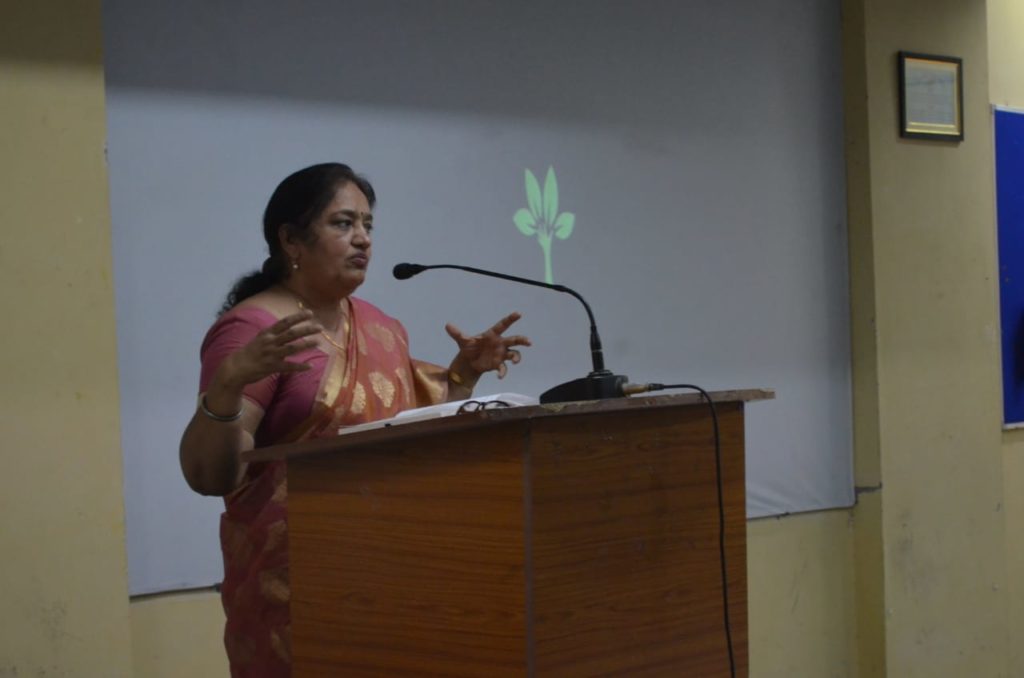
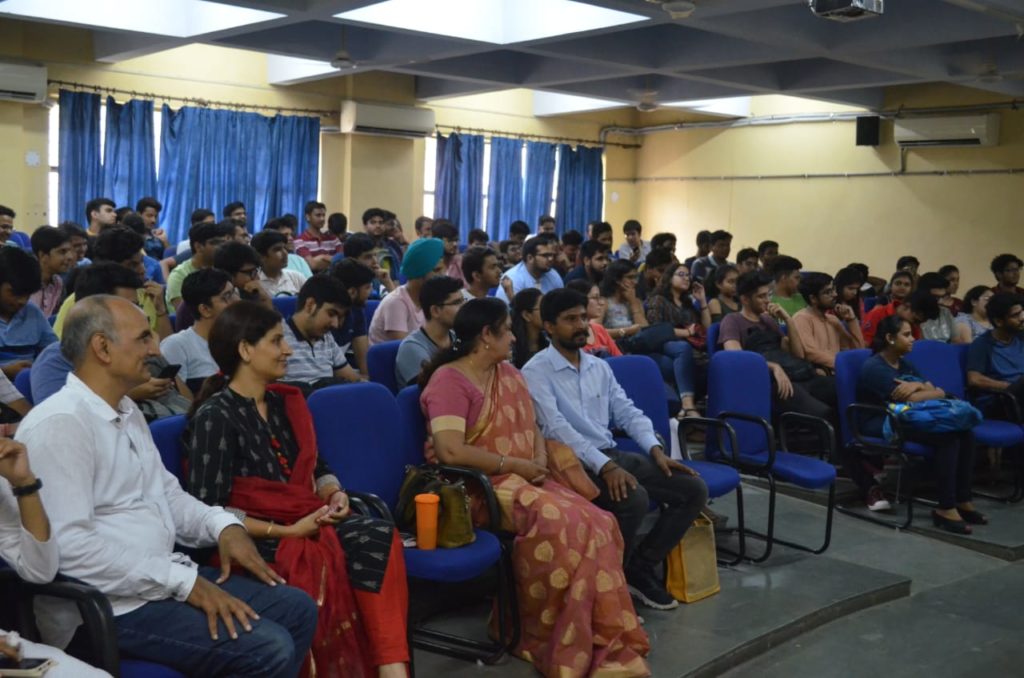

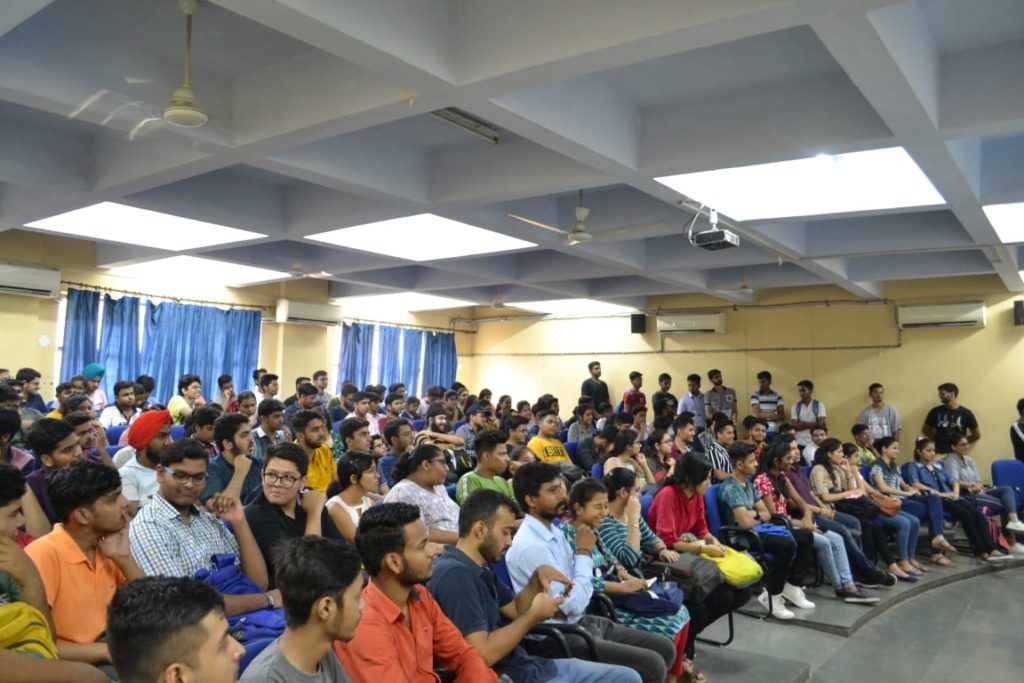
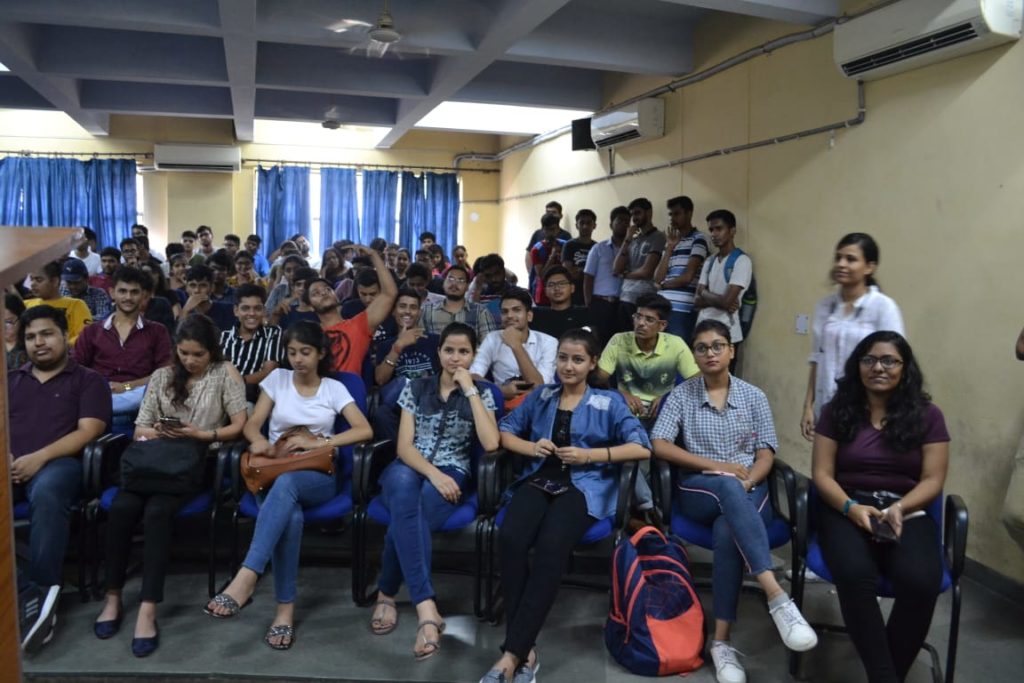
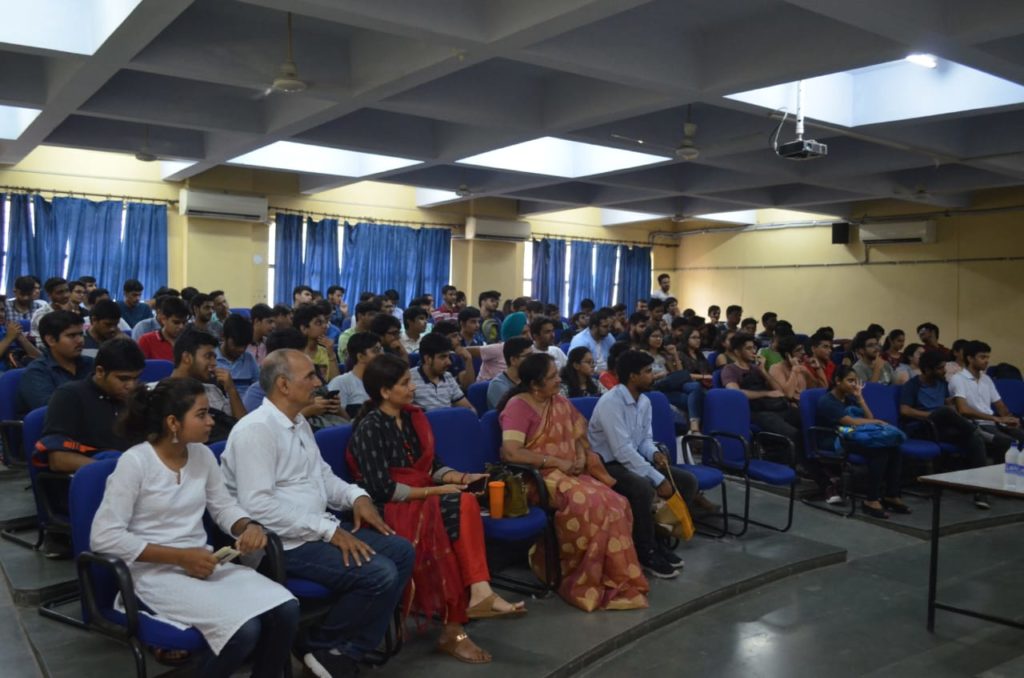
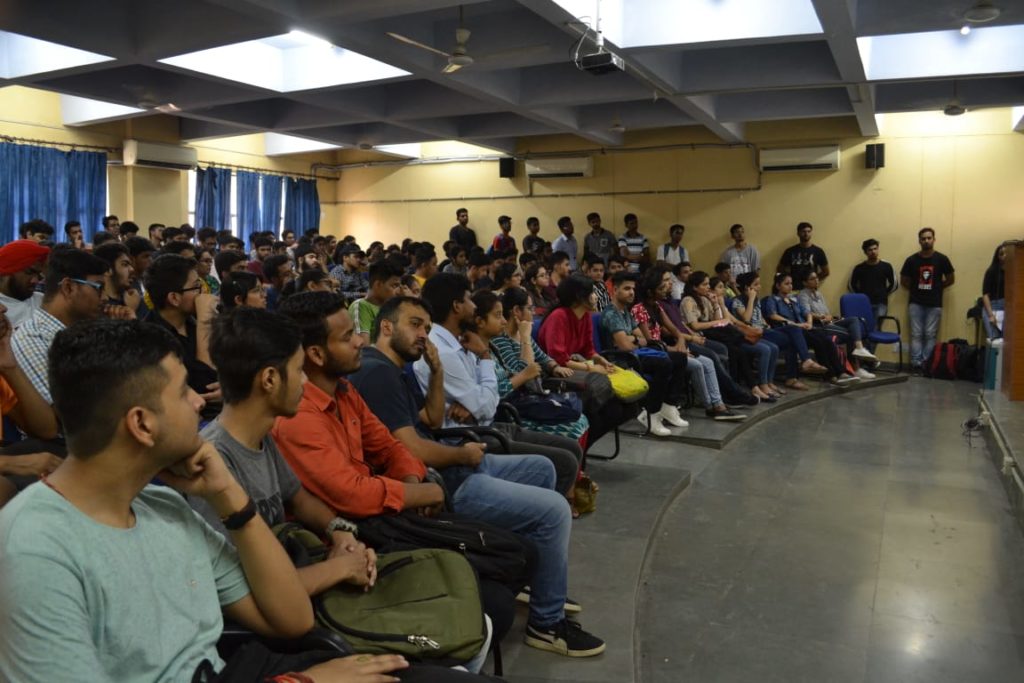
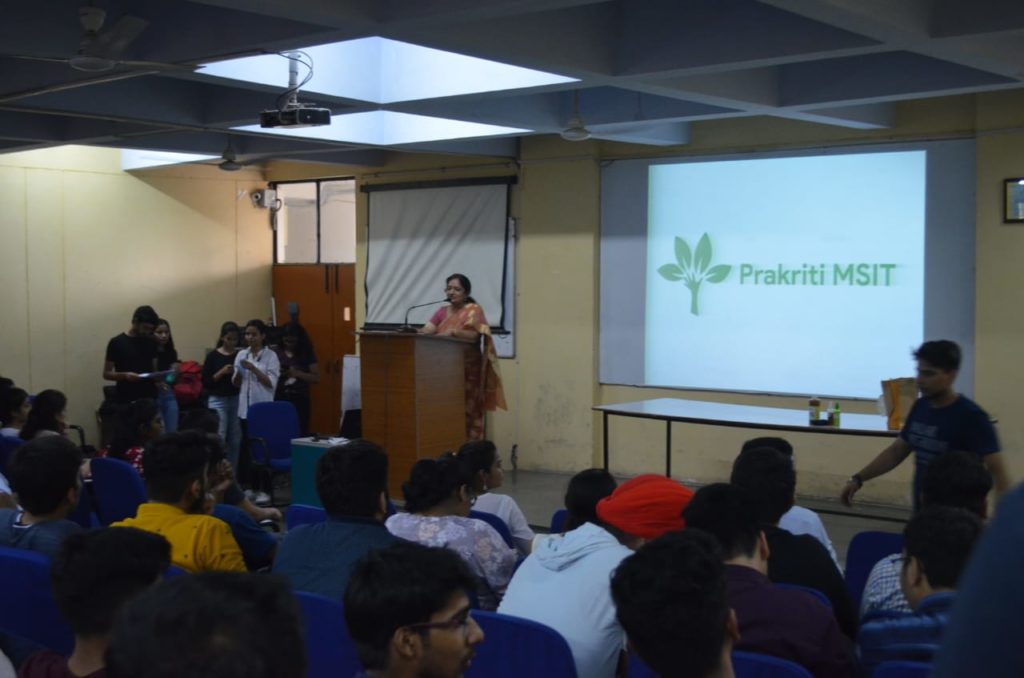
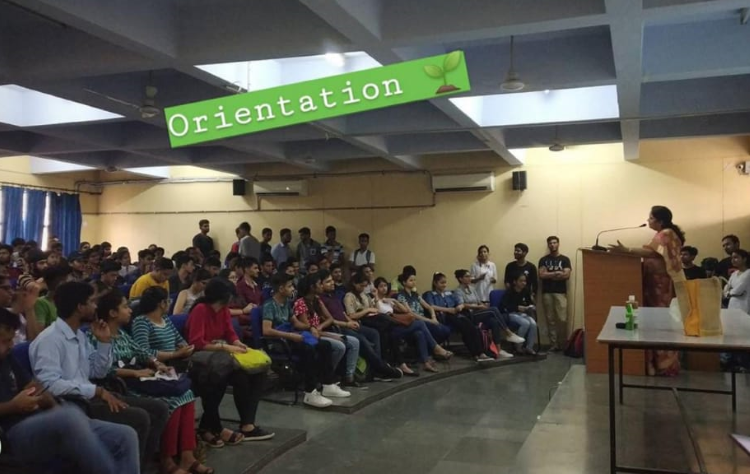
Environmentalist Ranju Minhas addressing students of PRAKRITI MSI(T) , The Humanitarian and Environmental society of MSI and MSIT on the 2019 Orientation Day today. Students are passionately working towards conserving natural resources and environment.
Team Prakriti has also initiated number of social projects which in the future would create happier and healthier societies.We are looking forward towards working closely with the team to help Delhi become waste free. Best wishes to the wonderful team Prakriti of Maharaja Surajmal Institute of Technology
Mrs. Ranju Minhas, an Educationist and Environmentalist working towards the conservation of natural resources since 2005.
Prakriti MSIT
Mission Green Delhi
Green Waste Revolution”
Harit Kachra Kranti
Pure Wash
To organize such environmental workshops/sessions in your institution, please whatsapp Puneet Verma at +91-9910162399.
![]()

